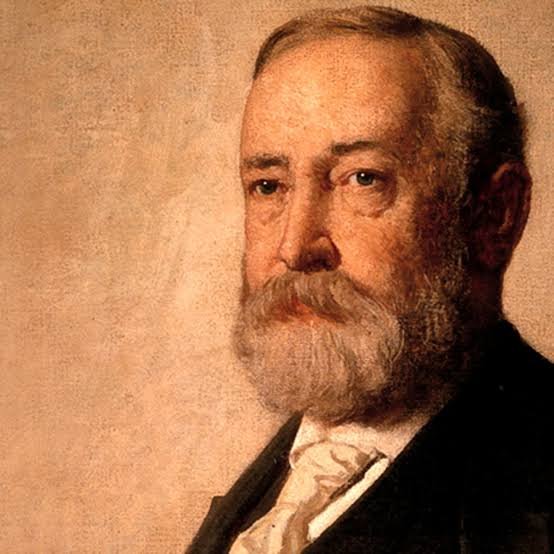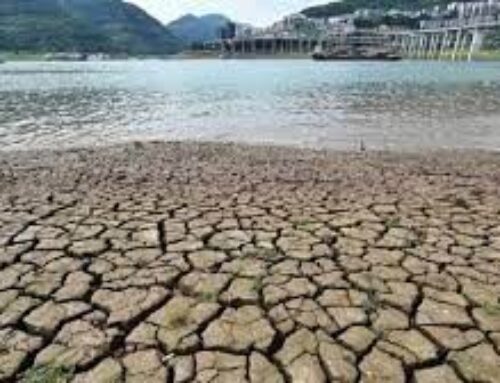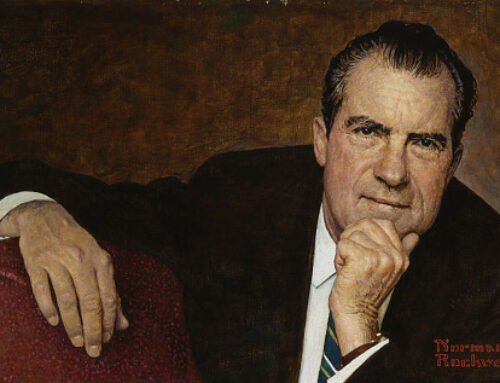
Benjamin Harrison was the 23rd President of the United States, serving from 1889 to 1893. He was the grandson of William Henry Harrison, the 9th President of the United States.
Benjamin Harrison was the oldest of eight children born in North Bend, Ohio, in 1833. He received a classical education at Farmer’s College in Cincinnati and later studied law at the Cincinnati College of Law. After being admitted to the bar in Indiana, he began a successful legal career in Indianapolis.
In addition to his legal work, Harrison also served in the Union Army during the American Civil War. He rose to the rank of brigadier general and was involved in several key battles, including the Battle of Perryville and the Battle of Chickamauga.
After the war, Harrison returned to Indianapolis and resumed his legal career. In 1881, he was elected to the U.S. Senate, where he served until he was elected President in 1889.
As President, Harrison is perhaps best known for his efforts to pass legislation to protect the rights of African Americans. He signed the Dependent Pension Act, which provided pensions to Civil War veterans and their families, and the Sherman Anti-Trust Act, which aimed to break up large monopolies. Harrison also strongly advocated for international trade, signing the McKinley Tariff Act, which raised tariffs on imported goods to protect American manufacturers.
Despite these accomplishments, Harrison’s presidency was marked by economic recession and political turmoil. His defeat in the 1892 election by Grover Cleveland ended his single term as President.
After leaving office, Harrison returned to Indianapolis, where he continued to practice law until he died in 1901. He is remembered as a dedicated public servant who worked to protect the rights of all Americans.
benjamin garrison was the first president under whom, United states expenditures surpassed $1 billion in non-war time. so What to learn from him was definitely how peacetime government expenditure affects.
Government expenditure is the amount of money spent by the government on goods and services such as education, healthcare, infrastructure, defense, and social welfare programs. When the government spends money on these areas, it can have both positive and negative effects on economic growth.
Investment in infrastructure: Government spending on infrastructure such as roads, bridges, and public transportation can create jobs and boost economic growth. This is because the construction and maintenance of infrastructure projects require labor and materials, which can create employment opportunities and stimulate economic activity. development of roads is always seen as a push for logistics because better roads connect cities and the public.
Education and Training: Government expenditure on education and training programs can help to improve the skills of the workforce, making it more productive and better equipped to compete in a global economy. This can result in increased productivity and higher economic growth. giving subsidies may look like nonproductive work especially when students go outside of the nation but the same students are sending remittances and other things. in other ways it helps the economy.
Social Welfare Programs: Government expenditure on social welfare programs such as healthcare, housing, and food assistance can help to reduce poverty and promote social mobility. This can result in increased consumer spending and economic growth. This can be one way to hand cash in hand and increase expenditure. This helps in many ways by keeping the economy running,
But especially as he was a reason outside of the defense budget, I studied that scenario. Lowering defense expenditure can have both positive and negative effects on the economy. Defense expenditure often accounts for a significant portion of government spending, and lowering it can free up resources that can be redirected toward other areas such as education, healthcare, and infrastructure. This can result in increased public investment and economic growth. Lower defense expenditure can lead to a reduction in taxes or increased government spending on social welfare programs, which can increase disposable income and consumer spending. This can create jobs and stimulate economic activity. Lower defense expenditure can improve a country’s international competitiveness by allowing it to redirect resources towards industries that are more productive and innovative, and that can compete more effectively in global markets.
There are not all positive impacts. There are some drawbacks. the big one is even Defence expenditure boosts some type of manufacturing. Defense expenditure is a major source of employment, and reducing it can result in job losses, particularly in industries that are dependent on defense spending. This can lead to increased unemployment and reduced economic growth in the short term.
If government spending causes the unemployed to gain jobs then they will have more income to spend leading to a further increase in aggregate demand. In these situations of spare capacity in the economy, government spending may cause a bigger final increase in GDP than the initial injection



